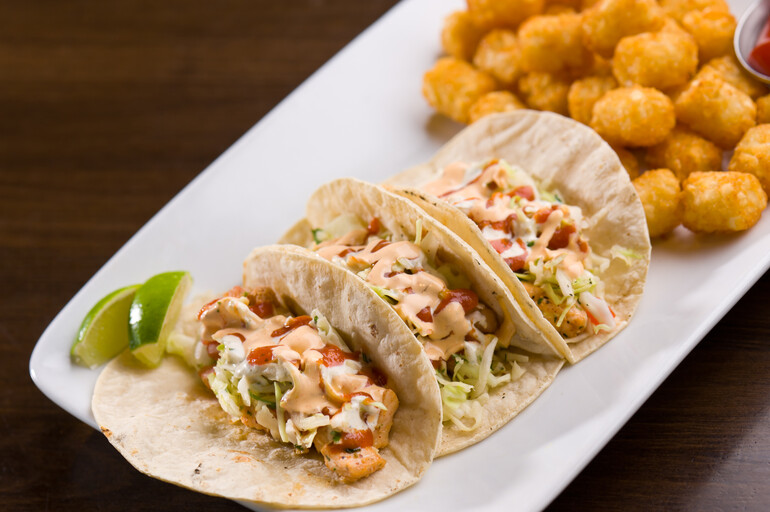Have you ever wondered why you like certain foods or dislike others? Certainly it is due to our taste buds and how our mind interprets the food we eat. But it is just as determined by our upbringing — what our family ate or didn’t eat. Some families eat potato chips on hot dogs, some eat pickles on tacos, some eat ketchup on ice cream ... and so on.
If these food options sound gross to you, I would bet there is something you eat, something your family sees as normal that others, would find strange. Our food likes and dislikes is very closely tied to how we grew up and what our family ate.
Linda Bartoshuk, a psychologist who has piloted research on taste and the psychological implications of food, talks about how children respond to likes and dislikes on food tastes. In an interview she is asked if personal preference is due to what they ate growing up.
“A lot is early experience," she says. "They learn to like it very early and their culture promotes it, they learned it from their parents. And what we learned to like when we experience it very early in life sticks with us.”[1]
Food is a social, emotional, relational need in our lives as human beings. We eat because we like food, but we also must eat to live.
Physical food is vital to our lives and drives us to have lifelong food preferences, preferences that we then teach to the next generation.
Adventist Christians have spiritual food just as vital to our lives. Why do we teach the next generation the values and beliefs of the Seventh-day Adventist Church? Because we find truth through Scripture that directs us to live and believe the fundamentals of the Adventist Church. Scripture says, “Train up a child in the way he should go; even when he is old he will not depart from it.”[2]
When we are young, we learn truths that will stick with us for life. Even if we wander, that information is still in our minds — and we are certainly more likely to believe and acknowledge these beliefs if at one time we learned them. If we are never taught that chips on hot dogs are yummy, the likelihood of liking that strange taste is not high. But if we are taught as a young child to like and espouse certain things, to believe and worship the God of Scripture, we are given a higher chance of remembering those principles as we age.
Ellen White talks often of the need to instruct children and the next generation in the knowledge of God and Scriptural truths. “When reason is awakening, the mind is most susceptible, and so the very first lessons are of great importance," she says. "These lessons have a powerful influence in the formation of character. If they are of the right stamp, and if, as the child advances in years, they are followed up with patient perseverance, the earthly and the eternal destiny will be shaped for good.”[3]
As Seventh-day Adventists, we have beliefs in line with Scripture and seek to teach those beliefs to the next generation. Let us not miss the opportunity to prepare the next generation of Seventh-day Adventist Christians. Let us impart the amazing truths of Scripture and the joy of knowing the God of heaven as our Savior and personal friend.
[1] Linda Bartoshuk, apa.org/research/action/speaking-of-psychology/foods-we-like.
[2] Prov. 22:6, English Standard Version.
[3] Ellen White, Mind, Character, Personality, Vol. 1, p. 293.










